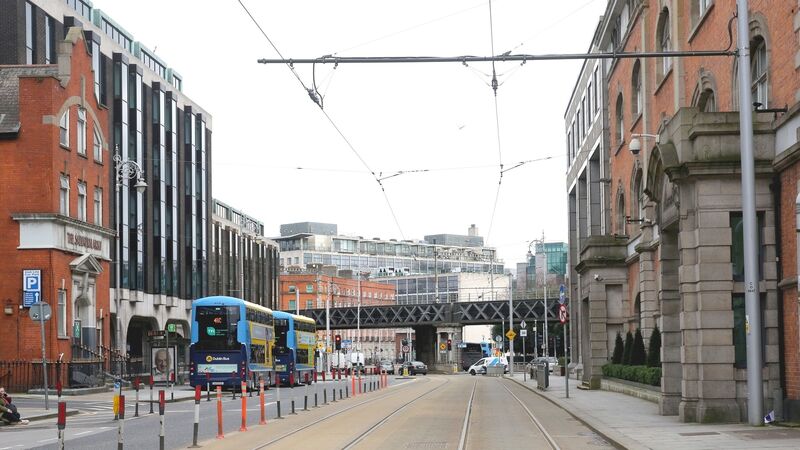Mick Clifford: Certain sections expected to carry a greater burden

The proposed base rate for the local property tax at Dublin City Council was expected to bring in an extra €14.5m, of which €12m would be used for improving public streets. Pictures: Gareth Chaney/Collins
Every now and again, something pops up to indicate how unserious many in politics are about governing. This week it was back to basics with the most rudimentary aspect of governance: Taxation.
Last Monday, Dublin City Council rejected a motion to charge a higher rate on the local property tax (LPT).















